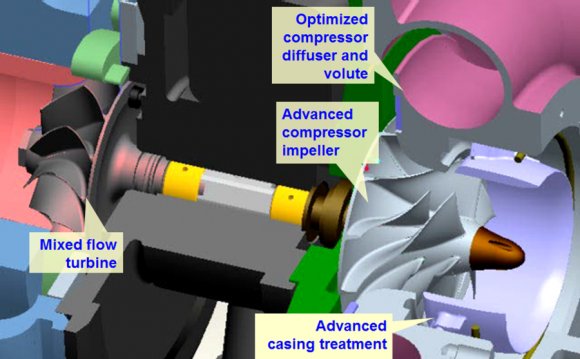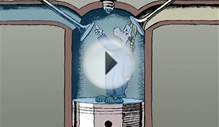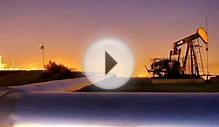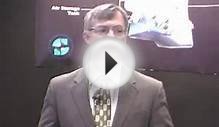
| April 11-13, 2016 (8:30 a.m. - 4:30 p.m. ) - Detroit, Michigan |
| October 3-5, 2016 (8:30 a.m. - 4:30 p.m. ) - Troy, Michigan |
The need to control emissions and maintain fuel economy is driving the use of advanced turbocharging technology in both diesel and gasoline engines. As the use of diesel engines in passenger car gasoline and diesel engines increases, a greater focus on advanced turbocharging technology is emerging in an effort to reap the benefits obtained from turbocharging and engine downsizing.
This seminar covers the basic concepts of turbocharging of gasoline and diesel engines (light and heavy duty), including turbocharger matching and charge air and EGR cooling, as well as associated controls. The limitations and future possibilities of today's systems will be covered, as well as details on how emerging technologies will impact engine/vehicle performance. The seminar's primary focus is on the turbocharger-engine interface (subjects such as matching, benefits, limitations, and new technologies) rather than detailed turbocharger aerodynamics and design. Advanced technologies such as variable geometry and multi-stage turbocharging, high and low pressure loop EGR systems, assisted turbocharging and turbocompounding are discussed. Students will have the opportunity to perform hands-on exercises to gain an appreciation of parametric effects in a wide range of engines.
**Participants are expected to bring a laptop computer, with Excel, to the seminar for class exercises.
Learning Objectives
By attending this seminar, you will be able to:
Who Should Attend
This seminar is designed for engineers, managers, and other technical personnel from OEM and support industries concerned with the design and development of optimized diesel and spark ignition engine systems, including performance, fuel economy and emissions for passenger car, light truck and heavy duty engines. Some background in thermodynamics, IC engine performance and emissions will be helpful. Individuals who need more background should consider attending SAE seminar "Diesel Engine Technology" (ID# 93014) or "The Basics of Internal Combustion Engines" (ID# C0103).
Topical Outline
DAY ONE
Instructor(s): Kevin Hoag and Roy J. Primus
Kevin Hoag is an Institute Engineer in the Engine, Emissions, and Vehicle Research Division at Southwest Research Institute, and has more than 35 years of engineering experience in diesel and spark-ignition engine development. Before joining Southwest Research he held engineering management positions with Cummins, Inc., and was most recently Associate Director of the Engine Research Center at the University of Wisconsin. He continues to teach in Wisconsin’s Master of Engineering in Engine Systems program. Kevin holds bachelors and masters degrees in mechanical engineering from the University of Wisconsin. He is the author of two books, Skill Development for Engineers (IEE Press, 2001), and Vehicular Engine Design (Springer-Verlag, 2005, 2015).
Roy J. Primus is a Senior Principal Engineer in the Combustion Systems Organization at the General Electric Global Research Center. Prior to joining GE Global Research, Mr. Primus was an Executive Director at the Technical Center of Cummins, Inc. He has been conducting reciprocating engine design and development for over 38 years. Mr. Primus' areas of expertise include diesel engine performance development, emissions control, thermodynamic system modeling and air handling system design and analysis. He holds a Master of Science degree in Mechanical Engineering and a Bachelor of Science degree in Mathematics from Rose-Hulman Institute of Technology. He has authored over 25 technical publications and holds 25 patents on reciprocating engine systems and technology. Mr. Primus is a Fellow of SAE International and an Assistant Adjunct Professor for the University of Wisconsin Master of Engineering in Engine Systems distance learning program.
RELATED VIDEO












